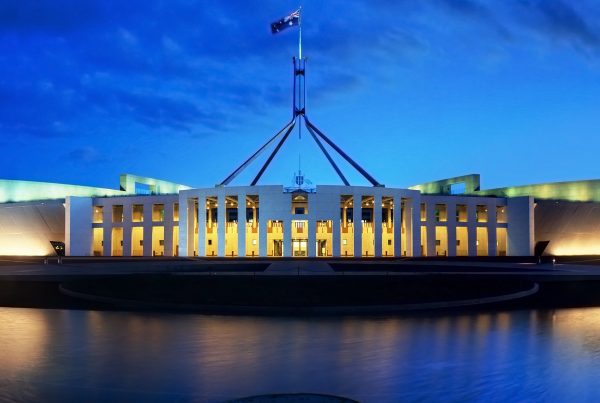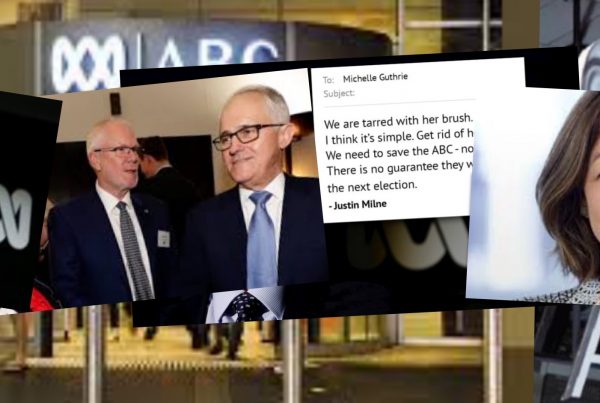Information overload is a personal battleground, for senders and receivers.
Trying to work out the rights and wrongs of the Brexit last Saturday, with the confusion of opinions, was almost impossible. So I turned the radio off.
Then on Sunday I started listening to the Liberal Party launch. I’d heard it all before. I turn ed it off.
ed it off.
Then on Four Corners on Monday night, more Turnbull and Shorten. I turned it off too.
This morning I’ve retreated to my morning scan of the SMH, The Aust, AFR, the NYT, my social media channels, and emails. This abundance is the curse, or pleasure of information overload.
And it still fascinates me that all the information in the world (almost) is at my fingertips, keystrokes on Google.
The take-outs for spokespeople and public relations advisors?
Not one but many, involving two complex moving parts: first, the competition to get heard is increasing; second, the audiences are becoming less tolerant and more cynical.
In a pre-digital world the supply/demand curve was tilted the other way – with information in shorter supply, and we the people less discerning.
In a world of information overload, spokespeople now have to be super-relevant. The new task for public relations professionals is to nuance what a speaker wants to say with what people want to hear. We have to give people the information they want, when they want it, and in an entertaining way. Gone are the days of ‘if we spruik a message often enough people will believe it’.
Plus, we have to be superb at communicating to get cut-through. And it’s not just lucidity and integrity being demanded but a keen intuition of what’s on people’s minds. There have been notable communicators through history who’ve had this skill, and increasingly it’s a requirement.
And it’s not just about supply/demand. Listeners are cleverer, having developed refined noses for b/s. There’s too much to cross-reference. And misleading and deceptive conduct is being exposed too often. This is where politicians and ‘spin-doctors’, the folks who push out half-truths and downright lies, lose. They are the dinosaurs in the public relations industry.
I think all this is why the traditional paradigm – where politicians and advertising execs try and hard-sell what’s good for us – is failing. Simple truths were always the first casualty.
As Thomas Friedman writes in the NYT this week, “…public leaders and public institutions have failed to keep up with rapid change, and popular trust has been deeply eroded”, leaving the people feeling worse off.
I believe it goes part-way to explaining why the public is making unexpected decisions like the Brexit exit, and turfing-out first term governments. It’s why we can no longer predict with confidence what will happen with the elections, in Australia and the US.





